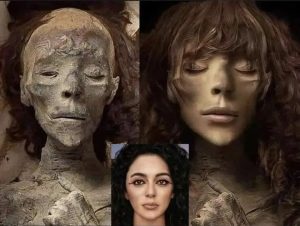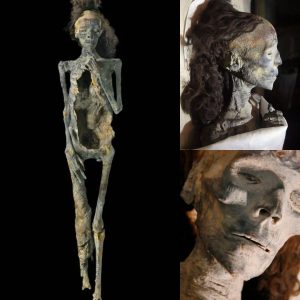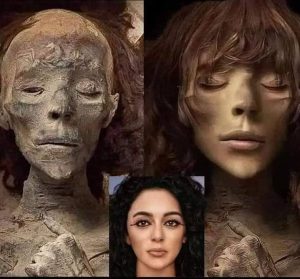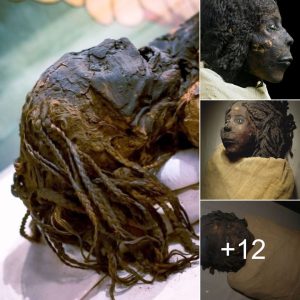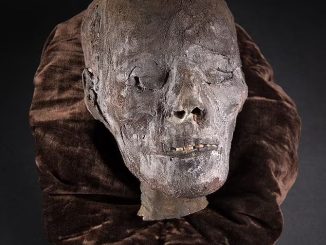Tiye, also known as Tiy, was a prominent figure in ancient Egypt during the 14th century BCE. As the queen consort of Pharaoh Amenhotep III and the mother of Akhenaten, she wielded significant influence at the Egyptian court and played a pivotal role in shaping the political landscape of her time. From her support of her son’s revolutionary monotheistic reforms to her diplomatic prowess in communicating with foreign rulers, Tiye left an indelible mark on ancient Egyptian history.
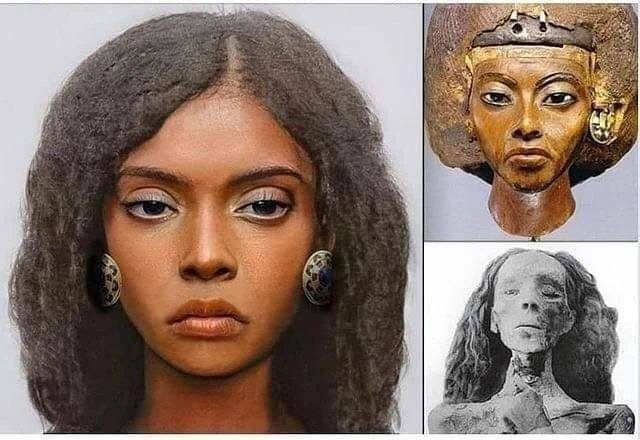
1. Political Influence
Tiye’s influence at the Egyptian court was unparalleled. As the wife of Pharaoh Amenhotep III, she held a position of great authority and was actively involved in state affairs. Her diplomatic skills and keen political acumen earned her the respect and admiration of foreign rulers, as evidenced by the Amarna letters. Tiye’s ability to communicate directly with leaders of foreign nations further solidified Egypt’s diplomatic standing and enhanced the kingdom’s prestige on the international stage.
2. Support of Monotheistic Reforms
Despite her adherence to traditional polytheistic beliefs, Tiye supported her son Akhenaten’s radical monotheistic reforms. These reforms, which centered around the worship of the sun god Aten, were seen as a means to consolidate the power of the throne at the expense of the powerful priesthood of Amun. Tiye recognized the political significance of Akhenaten’s reforms and actively promoted them, contributing to their widespread acceptance within Egyptian society.
3. Burial in the Valley of the Kings
Tiye’s legacy extends beyond her political influence to her final resting place in the Valley of the Kings. Her tomb, located in close proximity to those of her husband and son, attests to her esteemed status within Egyptian royalty. The discovery of her mummy, positively identified as the “Elder Lady,” sheds light on her physical appearance and provides valuable insights into ancient Egyptian funerary practices.

4. Connection to Tutankhamun
Tiye’s influence extended to her grandson, Tutankhamun, the famous boy king of Egypt. A lock of Tiye’s hair, possibly a keepsake of Tutankhamun’s, was found in his tomb, highlighting the strong familial ties between the two generations of Egyptian royalty. This connection underscores Tiye’s enduring legacy and her continued presence in the annals of ancient Egyptian history.

Conclusion
Tiye, queen of Egypt during the 18th dynasty, was a remarkable figure whose influence reverberated throughout ancient Egyptian society. From her diplomatic prowess to her support of revolutionary religious reforms, Tiye played a pivotal role in shaping the political and religious landscape of her time. Her burial in the Valley of the Kings and her connection to Tutankhamun further cement her status as one of ancient Egypt’s most influential queens. Tiye’s legacy endures as a testament to the enduring power of royal women in shaping the course of history.
